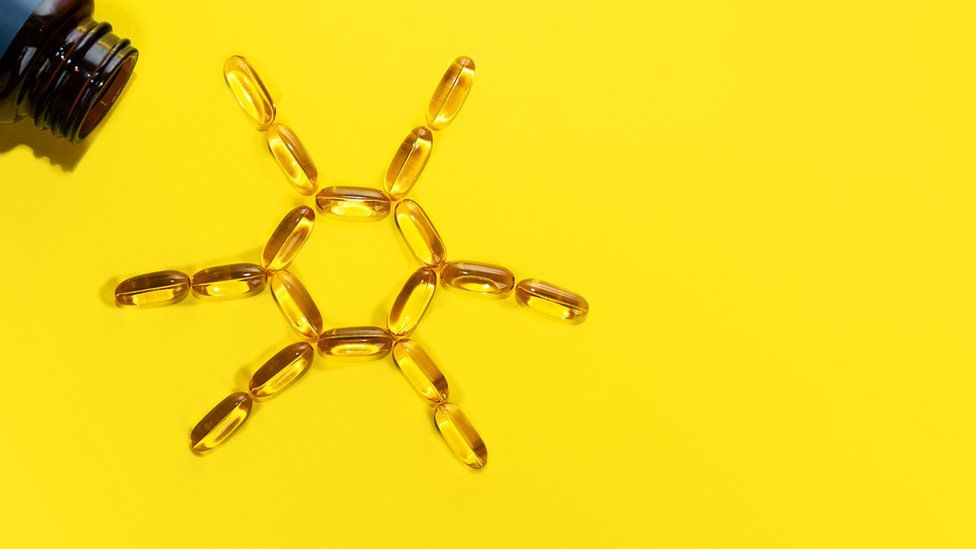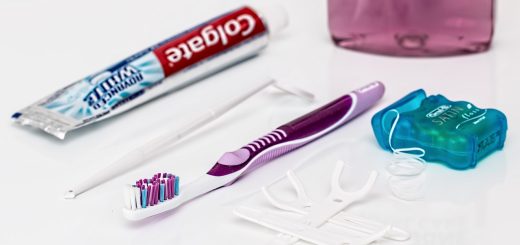Vitamin D Deficiency: Causes & Symptoms
Have you ever noticed that your skin feels more comfortable in summer than winter? There are many reasons for this, and vitamin D deficiency may be one of them. Vitamin D is absorbed by sunlight, but as daylight hours become shorter, the amount of vitamin D absorbed is even lower. In this blog, you will learn about the different types of vitamin D deficiency, the symptoms of vitamin D deficiency, and how to prevent deficiency.
Causes of Vitamin D Deficiency
Vitamin D deficiency can be caused by several factors, such as lack of sunlight or the absence of certain foods. Here are the most common causes of vitamin D deficiency:
Sunlight
Vitamin D deficiency can develop in several ways. The most apparent reason is sunlight. Our bodies can produce vitamin D on their own with the help of the sun. For this reason, it is also called the “sunshine vitamin”. If there is little sunlight for a long time, the amount of vitamin D produced will be low, leading to deficiency.
UVB is necessary for vitamin D production, but this UVB is in short supply, especially in winter. Therefore, if you have the feeling that you are not feeling yourself completely during the winter, it may be due to a deficiency of vitamin D.

Vitamin D
Nutrition
Food also contributes to the production of vitamin D. Therefore; if you are deficient in certain products, you will eventually become deficient in vitamin D.
During periods of low sunlight, it is recommended to eat more fatty fish, which is rich in vitamin D. You will often see vitamin D added to margarine and low-fat margarine as well. Meat and eggs also contain a good amount of vitamin D. You can also take vitamin D supplements as needed to ensure that you meet your daily requirement.

Vitamin D Rich Foods
Symptoms of Vitamin D Deficiency
Vitamin D deficiency symptoms do not apply to everyone, so even if you are deficient, your symptoms may bear little resemblance to the list below. However, these are the ten most common symptoms of vitamin D deficiency:
- Depletion
- Feeling weak
- Muscle spasms or tremors
- Hyperventilation in stressful situations
- Increased negative/depressive thoughts
- Insomnia
- Increased risk of anxiety attacks
- Excessive muscle and joint pain
- Decreased endurance
- Weakness/loss of strength
Do you have two or more of these symptoms? If so, you may be deficient in vitamin D. If this is the case, it is recommended that you consult your doctor and possibly get tested. For more information, you can consult your doctor and ask him/her to prescribe an appropriate vitamin D supplement.
What To Do To Prevent Vitamin D Deficiency?
Vitamin D deficiency can be prevented quite easily. First of all, the body does not need much sunshine to make vitamin D. You certainly don’t need to bake in a bathing suit at 30 degrees Celsius. When the sun peeks out from behind the clouds, just being outside already affects the production of vitamin D. You can walk around with your arms bare, like in a T-shirt or shirt. This is why vitamin D is less deficient in the summer.
During the colder, less sunny months, this, of course, becomes a bit more difficult. Therefore, we can pay more attention to our diet. As mentioned earlier, fatty fish contains a lot of vitamin D. Eggs and meat are also good foods if you want to increase your vitamin D levels.
Are you a vegetarian or vegan? Or do you not like fish or think it is expensive? Then using vitamin D supplements is an inexpensive and responsible way to prevent deficiencies. Vitamin D supplements are available in almost all pharmacies, supplement stores, and online stores. It never hurts to have a bottle at home, at least during the gray winter months!
Share your thoughts with us in the comments below!



